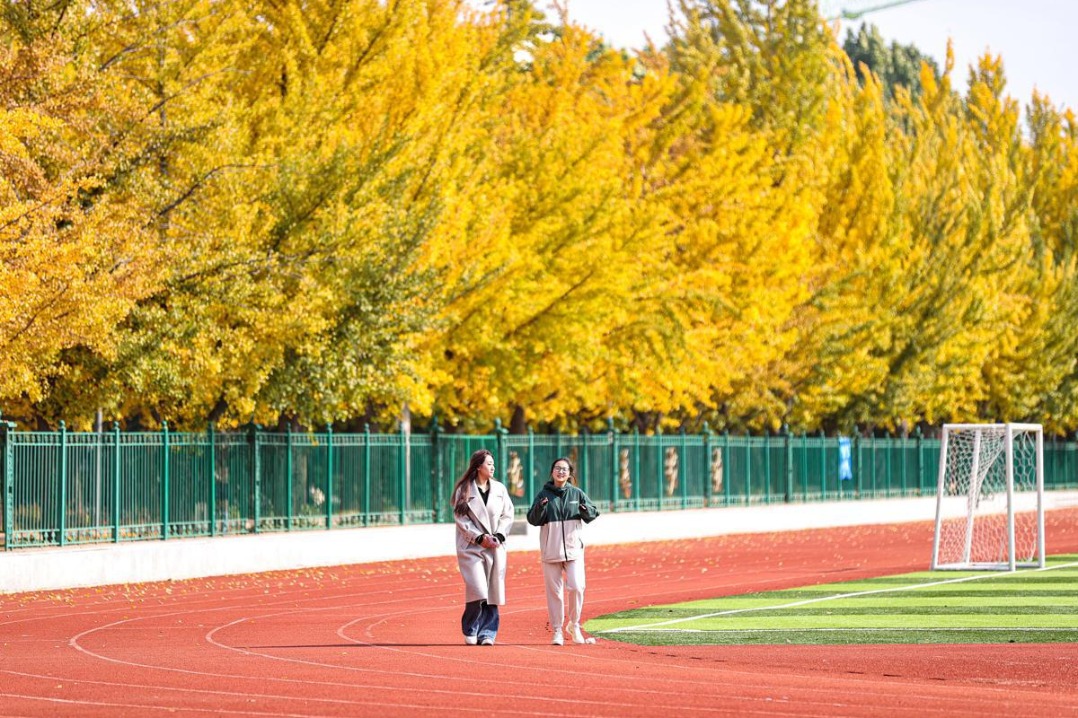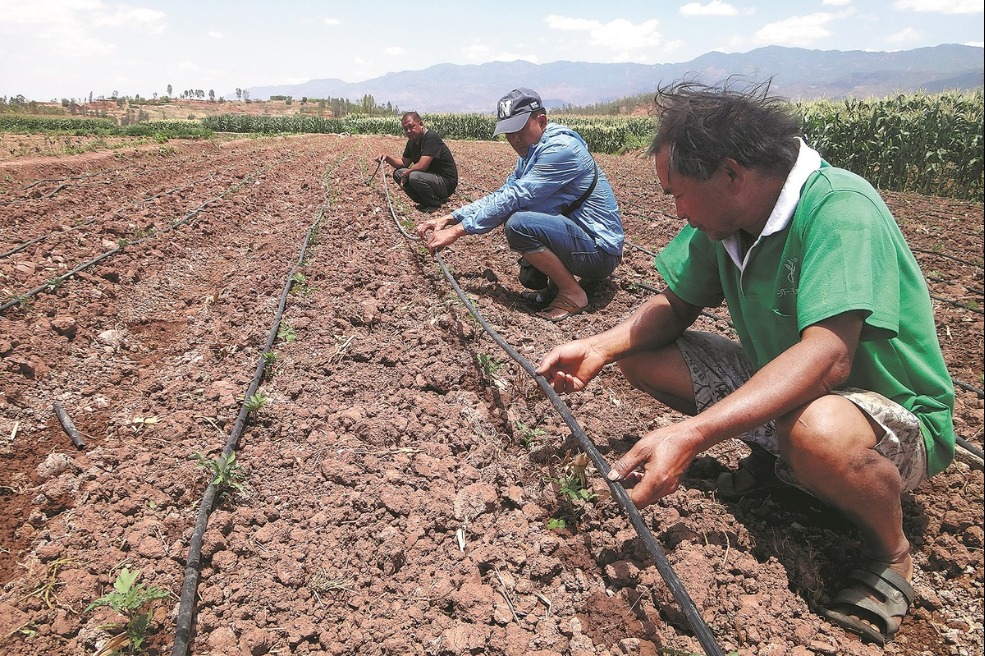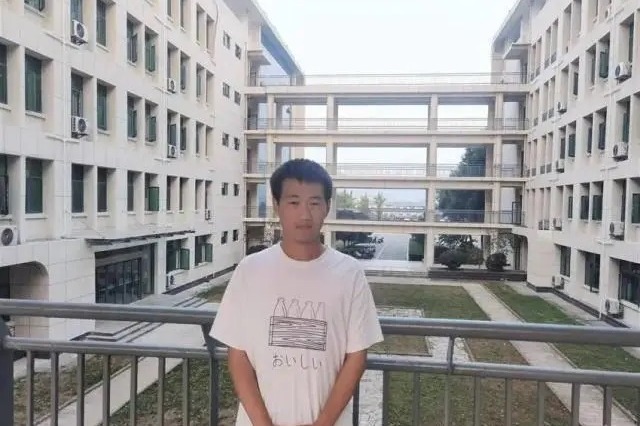Qinghai-Xizang Plateau turning warmer, wetter, greener: scientific research

LHASA - The Qinghai-Xizang Plateau is becoming warmer, wetter and greener, said a researcher at the press conference of the second Qinghai-Xizang Plateau scientific expedition and research in Lhasa on Sunday.
The Qinghai-Xizang Plateau, also known as Asia's "water tower," is a critical water resource reservoir, exerting a profound influence on regional and even global water cycles and ecosystems.
"The glaciers and snow cover on the plateau are decreasing, while the vegetation is greening," Yao Tandong, an academician with the Chinese Academy of Sciences said. "Such changes could lead to significant shifts in the Asian monsoon circulation, potentially increasing the frequency of extreme weather events in China."
In recent years, the warming climate and increased humidity have led to significant imbalances on the Qinghai-Xizang Plateau, Yao said.
The imbalances on the plateau are primarily manifested in the rapid reduction of solid water bodies such as glaciers and snow, alongside a widespread increase in liquid water bodies like lakes and rivers, resulting in a solid-liquid phase imbalance, he said.
The second scientific expedition and research has revealed that the current total surface water storage of Asia's "water tower" exceeds 10 trillion cubic meters, roughly equivalent to the total runoff of the Yellow River over 200 years.
Climate models predict that by the end of the 21st century, some regions may lose more than half of their glacier mass, with lake water levels potentially rising by over 10 meters, according to the conference.
While this phenomenon could enhance the overall water supply capacity, the risks of glacier collapses and glacial lake outburst floods are projected to be more than three times higher than current levels.
He also emphasized that the second scientific expedition and research provides crucial scientific support for water resource and water security strategies. "The future water resources downstream of Asia's "water tower" requires regionally differentiated strategies and international comprehensive coordination," Yao said.
"It is essential to strengthen the construction of scientific early warning systems for glacial collapses and glacial lake outbursts, and to implement more effective measures for sustainable water resource management," he said.
China initiated the second scientific expedition and research of the Qinghai-Xizang Plateau in August 2017, intending to reveal the mechanism of environmental change and provide scientific support for the ecological security of the plateau.
- Weihai and Shanghai to co-host World Cities Day, promoting global urban sustainability
- Shandong boosts county economy through industry
- Form bank chief imprisoned for bribery
- First zero-carbon certificate issued in China
- Forum highlights green energy partnerships amid climate challenges
- China Golden Eagle festival names top TV winners





































